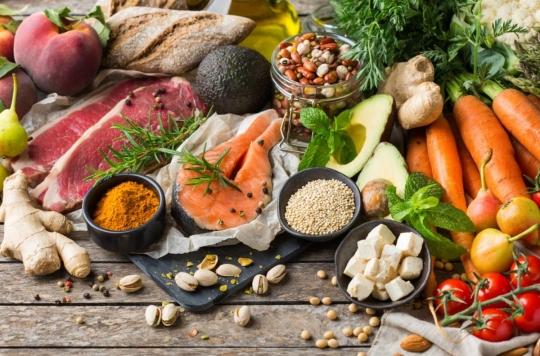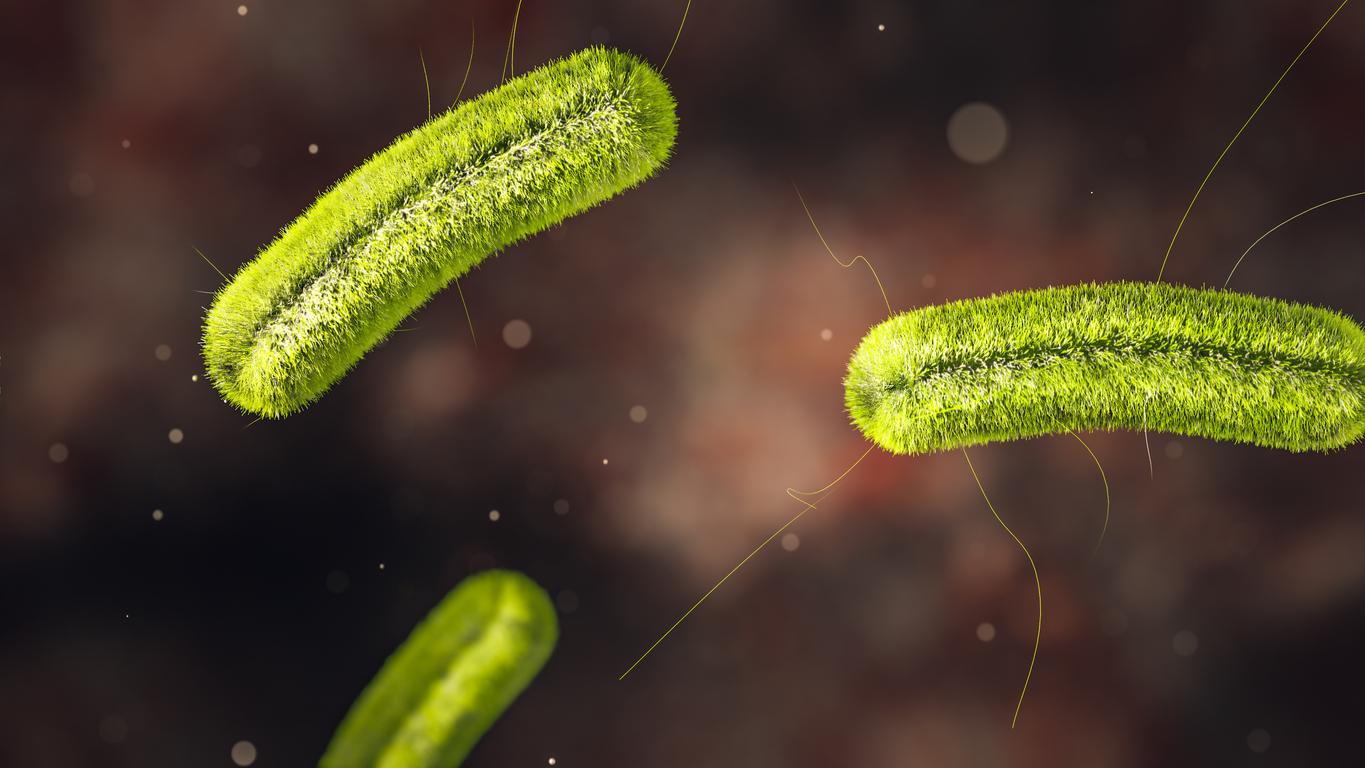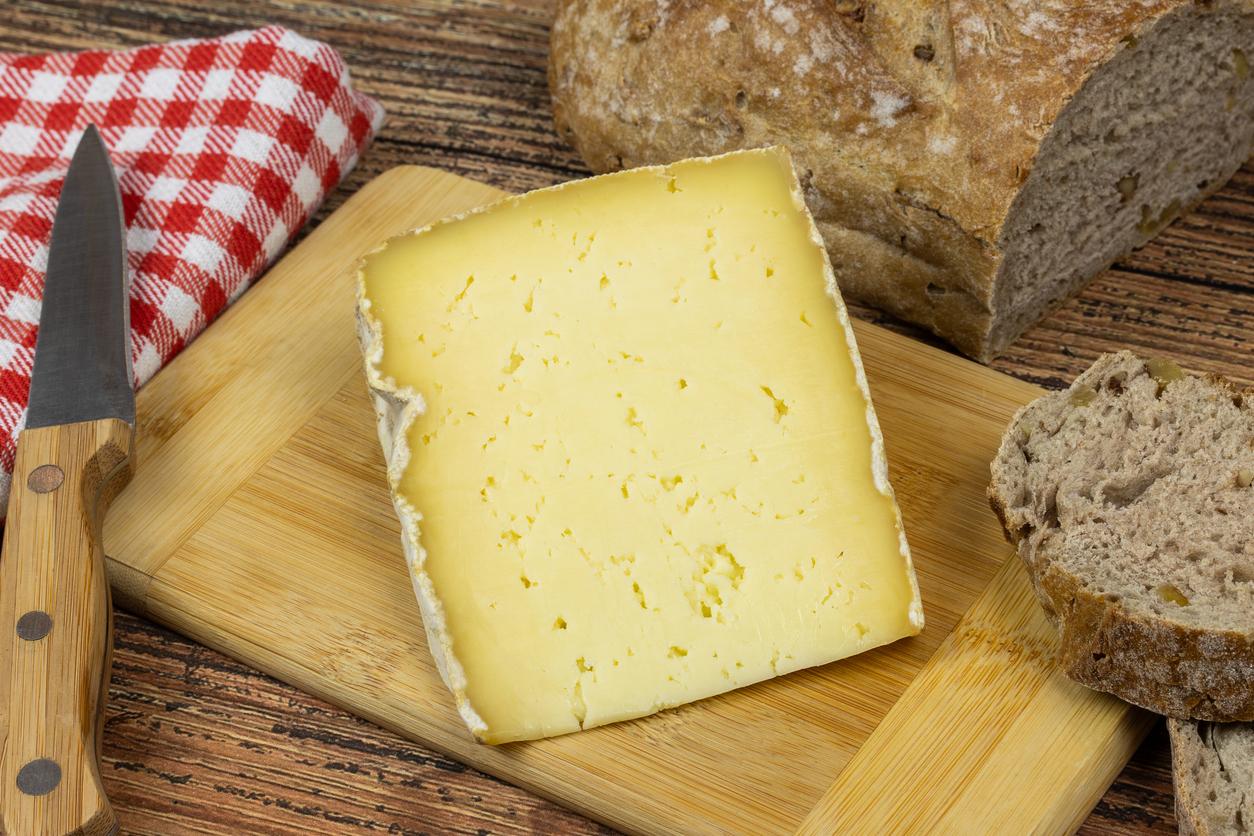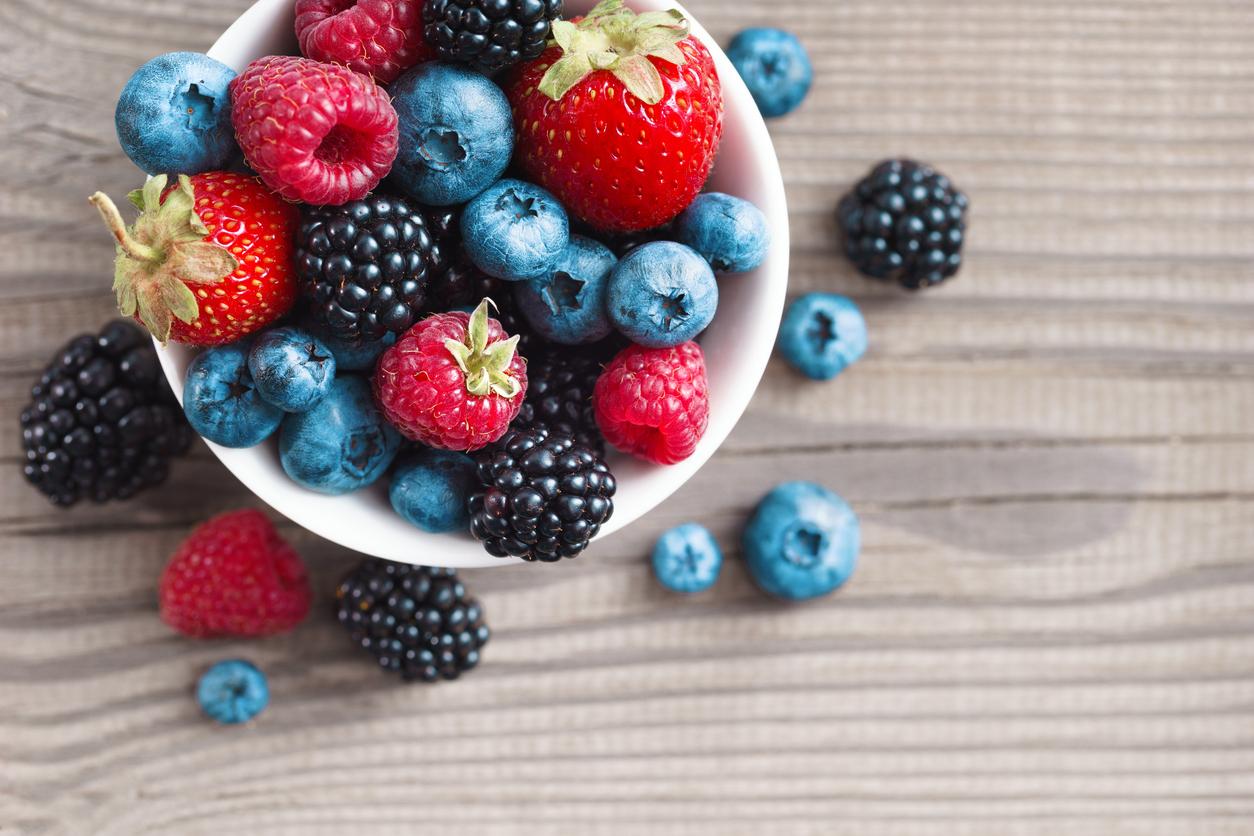Almonds, custard apple and sea bass are at the top of the ranking.

- According to the recommendations, an adult woman should consume about 2200 kcal per day, and an adult man 2700 kcal.
- Vegetables, legumes and fruits should be consumed in sufficient quantity.
- The consumption of charcuterie, red meat and processed products should be limited.
The classification of foods is complex: saying that they are good or bad is not enough to establish their role in nutritional balance. In the specialist journal Plos OneKorean researchers have rated more than a thousand foods according to the calories and nutrients they contain.
The top 15 highest rated foods
15 – Peas
This spring vegetable scores 67 in the ranking. It contains phosphorus, vitamin B9, necessary for cell renewal, magnesium, iron, proteins and fibers. Cooked peas represent approximately 70 kcal per 100 grams.
14 – Tangerines
This citrus fruit is tied with peas in terms of nutritional rating. With 47 calories per 100 grams, it is low in calories. Mandarin contains mainly fiber and vitamin C, an antioxidant that strengthens the immune system.
13 – Watercress
This vegetable is low in calories, with an average of 14 kcal per 100 grams. It is particularly rich in vitamin K1, linked to blood coagulation. He has a score of 68 in the ranking.
12 – Celery powder
A star ingredient in tomato juice, powdered celery deserves a better place in the kitchen. For good reason, it is rich in vitamins, minerals and amino acids. If it has the same nutritional score as watercress, it should be consumed in moderation because it contains nearly 300 kcal per 100 grams.
11 – Dried parsley
It is the ally for healthy teeth and bones: dried parsley is rich in calcium. It also contains vitamin C and iron. When dried, it is more caloric: this represents approximately 290 kcal per 100 grams.
10 – Snapper
This lean fish scores 69. Low in calories, it is an interesting source of protein and vitamins. Like many fish, it can contain heavy metals, linked to pollution.
9 – Beet leaves
With a nutritional score of 70, they are among the top 10 most interesting foods. In addition, eating beet leaves reduces our production of waste. They are rich in iron, calcium, vitamins and very low in calories (22 kcal per 100 grams).
8 – Pork fat
This is one of the most surprising foods in this ranking: pork fat seems anything but healthy, but according to Korean researchers, it contains many minerals and vitamins. It would be healthier than beef fat. On the other hand, it is very caloric: about 630 kcal per 100 grams.
7 – The Swiss chard
Much less caloric, chard ribs are rich in beta-carotene, an antioxidant, iron and magnesium.
6 – Pumpkin seeds
They obtain a score of 84. Consumed in moderate quantities, because they are caloric, they provide iron and manganese, necessary for the proper functioning of our metabolism. This compound is particularly important in the production of insulin, to regulate our blood sugar.
5 – Chia seeds
Fashionable for a few years, these seeds from South America contain many vitamins, phenolic acid and proteins.
4 – Lemon sole
Sole is considered a lean fish, given its low fat content. It is rich in vitamins and minerals. Good news, its stocks are in good condition on our coasts.
3 – Sea bass
This fish lives mainly in the Indian Ocean and the Pacific. It is renowned for its protein and vitamin B content.
2 – Custard apple
It is an exotic fruit, also called cherimoya. Rich in sugar and vitamins, it contains 75 kilocalories per 100 grams. His nutritional score is 96.
1 – Almonds
They are at the top of the ranking with a score of 97. Almonds contribute to good cardiovascular health, help to fight against cellular aging and even against wrinkles. They contain many proteins, vitamins and minerals.
What is a balanced diet?
Whatever the diet, omnivorous, vegan or vegetarian, the secret of a balanced diet lies in variety. The Korean researchers insist on this aspect in their research: the highest ranked foods are interesting only when they are eaten with other products.
.

















